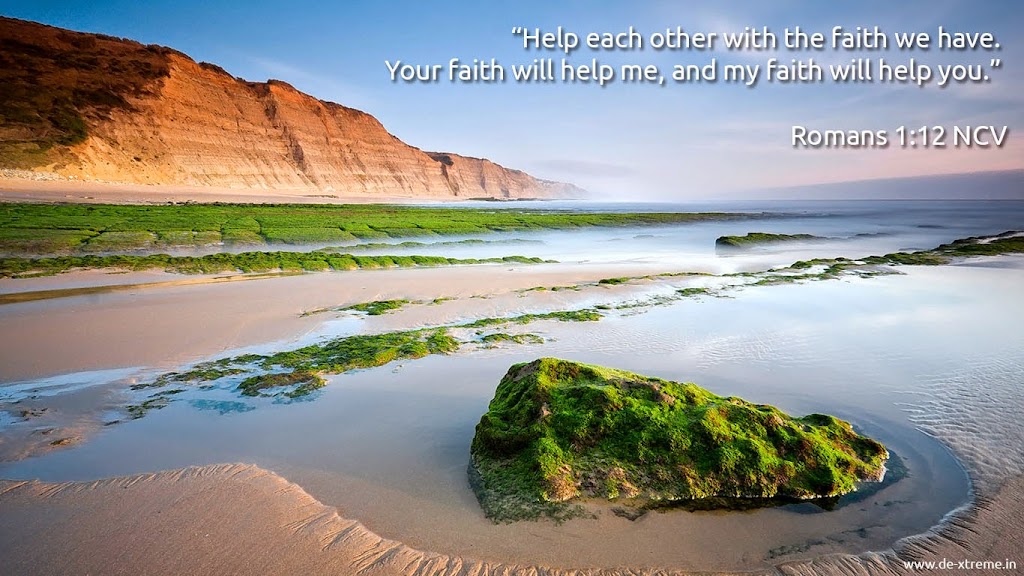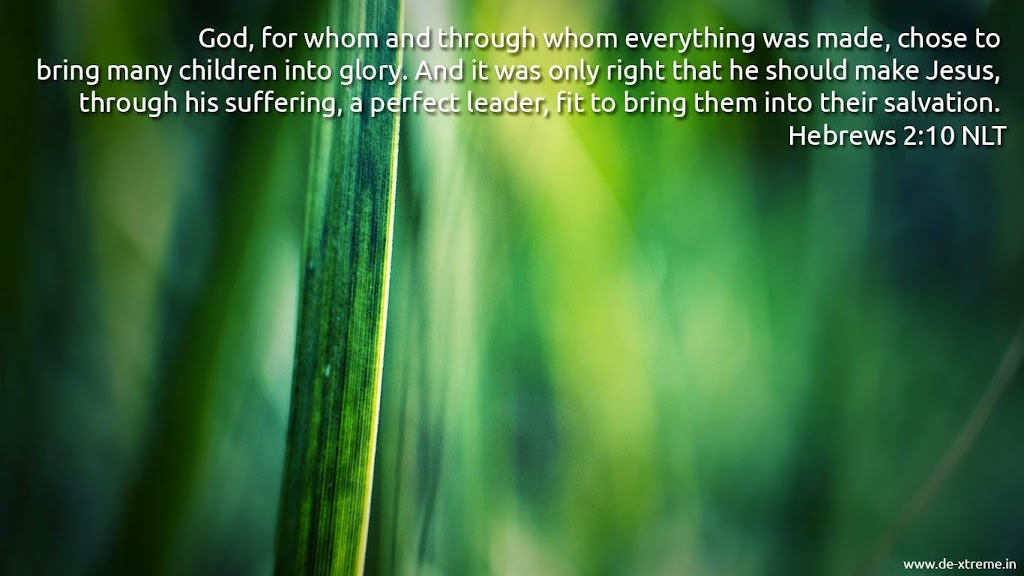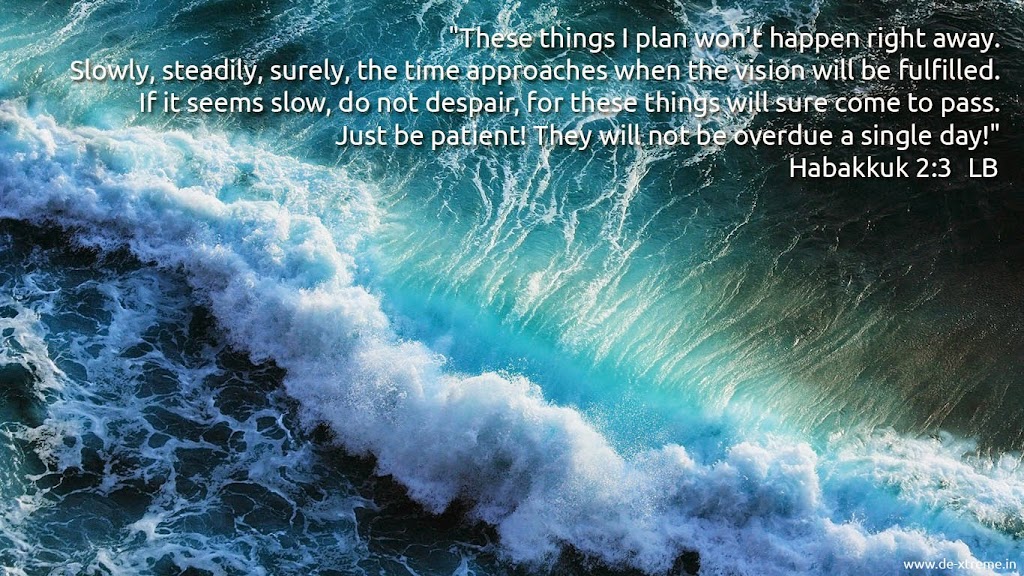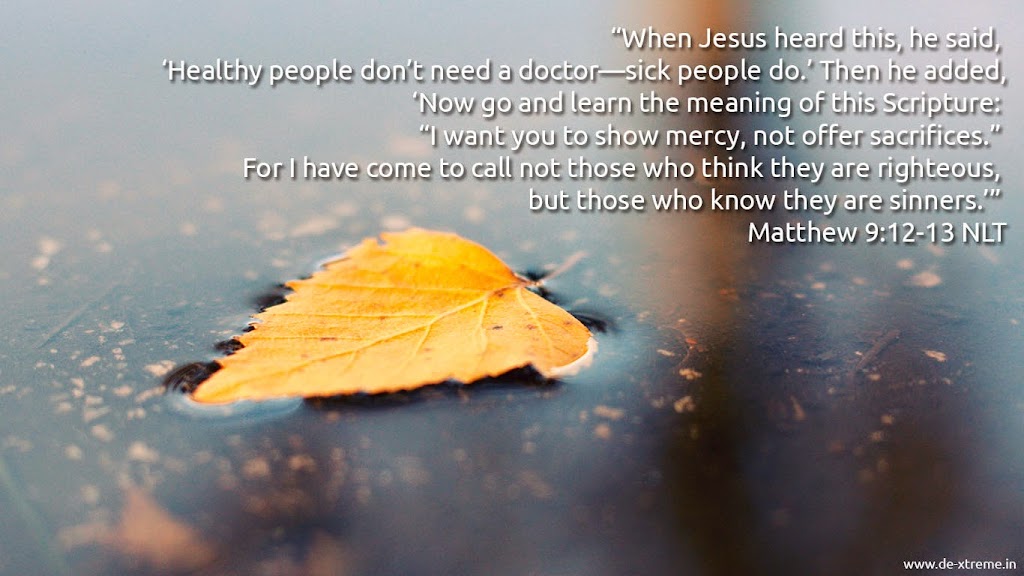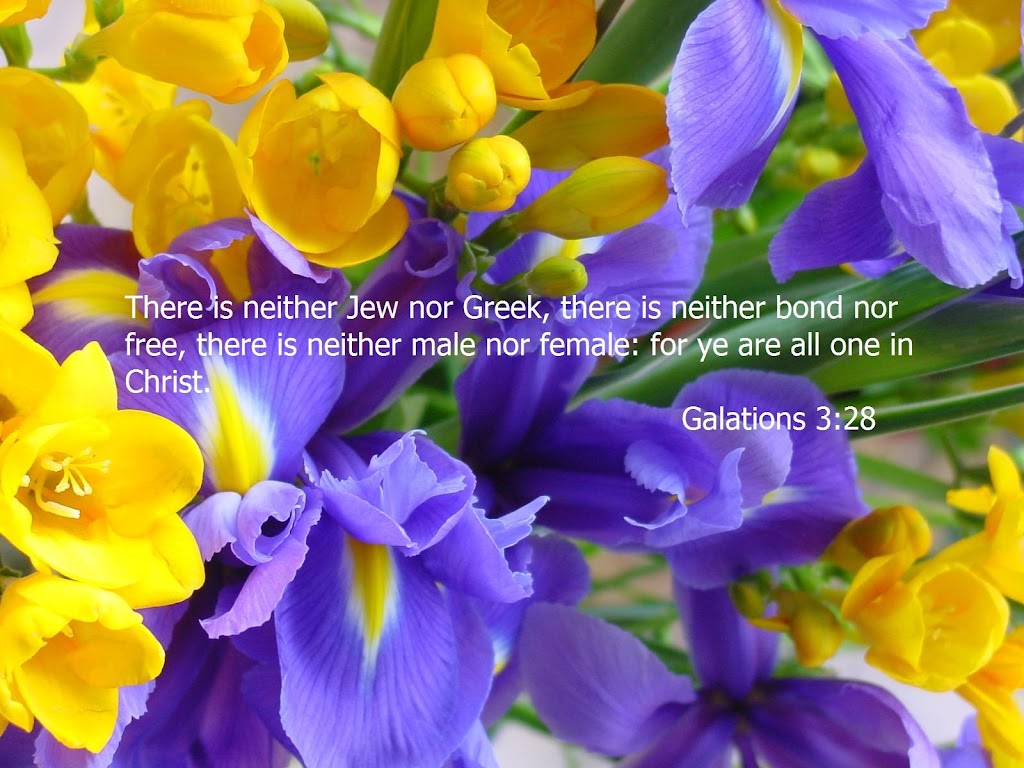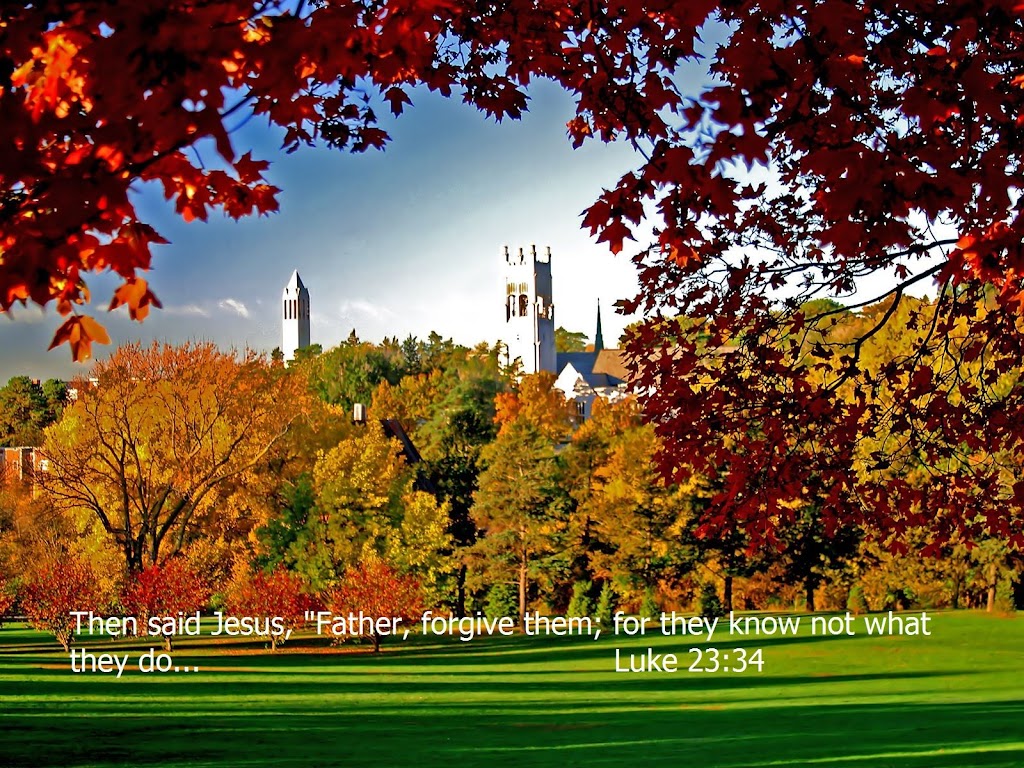Blog
Your blog category
How to give ourselves to God
Father, bless me to write this. I cannot do anything if its not your will for me. Whatever I do, whatever I write, belongs to you. Father am a clay, mould me into a pot to serve you. Thank you Father.
Today’s topic is giving ourselves to God and trusting him. Trusting his decision and knowing whatever he does is for our greater good. As a new believer, I face lots of uncertainties and doubts. I take things in my own hands and mess it up. Later I regret, thinking if I had given it to God. He would have change the results in my favor. It would have been ended up even better than I expected. How to overcome this uncertainties and Trusting God completely.
Here is a simple question. If you have a sickness. And your suffering is beyond bearable. What would you do? Will you try you treat it yourselves? or You will consult a Physician to heal it?
If your car need an oil change. Will you do it yourself or you will take it to a car mechanic? Most probably we seek an expert. He will take care of the issue better than us. Mechanic knows what’s best way to change the oil. Doctor knows best medicine to heal the sickness. We usually hesitate to trust ourselves to change the oil . How could we expect to clean up our issues, when we clearly have no idea of doing it how 🙂
We can justify a professional does a better job than us and believe an expert can do a better job than us. Why is it hard to trust God and give all the troubles, worries, burdens to him. He is the almighty God. His works are always better than us. He sees the big picture. He got solutions for all our troubles. Is there anything that God can’t fix?
John 14:1 “Don’t let your hearts be troubled. Trust in God, and trust also in me.
My testimony – Out of 100 times, 99 times I failed to trust God completely. And the 1 time when I did, he did miracles in my life. Trusting God is opening a door to infinite number of possibilities. Its not so hard. I am writing this for me, I will read it again and again. Whenever I get urge to take things in my own hands. I might learn to trust God even more. If I learned to trust God 2 times out of hundred I will call it as a walk of faith. And I am sure God will accept my efforts and refine me more to be a true believer. Its really wonderful to taste his Grace
Psalms 34:8 Taste and see that the Lord is good. Oh, the joys of those who take refuge in him!
Non believers may disapprove. Here is a verse that might answer.
John 20:29 Then Jesus told him, “You believe because you have seen me. Blessed are those who believe without seeing me.”
The reward is greater for people who believes without seeing a miracle.
-Shalom
*verses taken from New Living Translation
*further reading Book of Psalm




